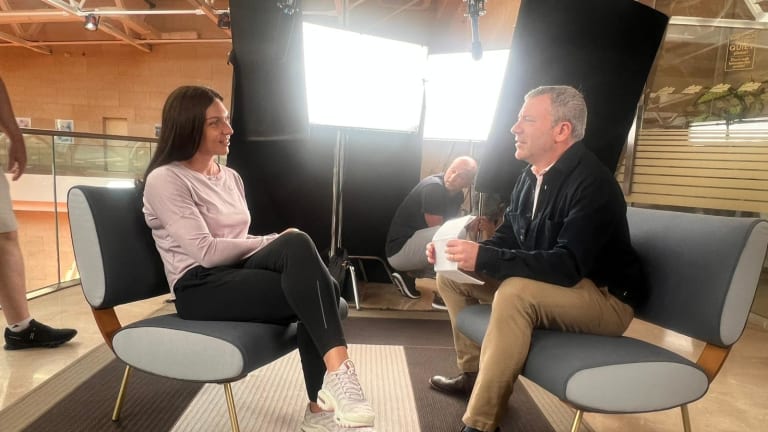The comedian Neal Brennan has a new bit about why elite athletes exhibit sub-elite mental health. When you exist on a plane of your own, your relationship with reality is a tenuous one. Michael Jordan’s five-alarm competitive fire was a central theme of The Last Dance. Brennan jokes about the mental make-up of gymnasts suspending themselves in midair while wearing a spangly swimsuit. (His words.) And don’t get him started on Tiger Woods.
The joke falls flat, though, when considering Simona Halep. Even as she rose to No. 1 and won a pair of majors—most notably destroying Serena Williams in the 2019 Wimbledon final—Halep was always so ferociously normal. All awareness and self-awareness, modest of stature and modest of self-regard, she scanned as, well, one of us.
Which made her 2022 doping ban all the more confusing. You operate at your peril when you speculate about which athletes do and don’t take PEDs. But, of all people, wasn’t Halep too rational to risk so much reputational damage—and suspension—for a couple extra wins?
